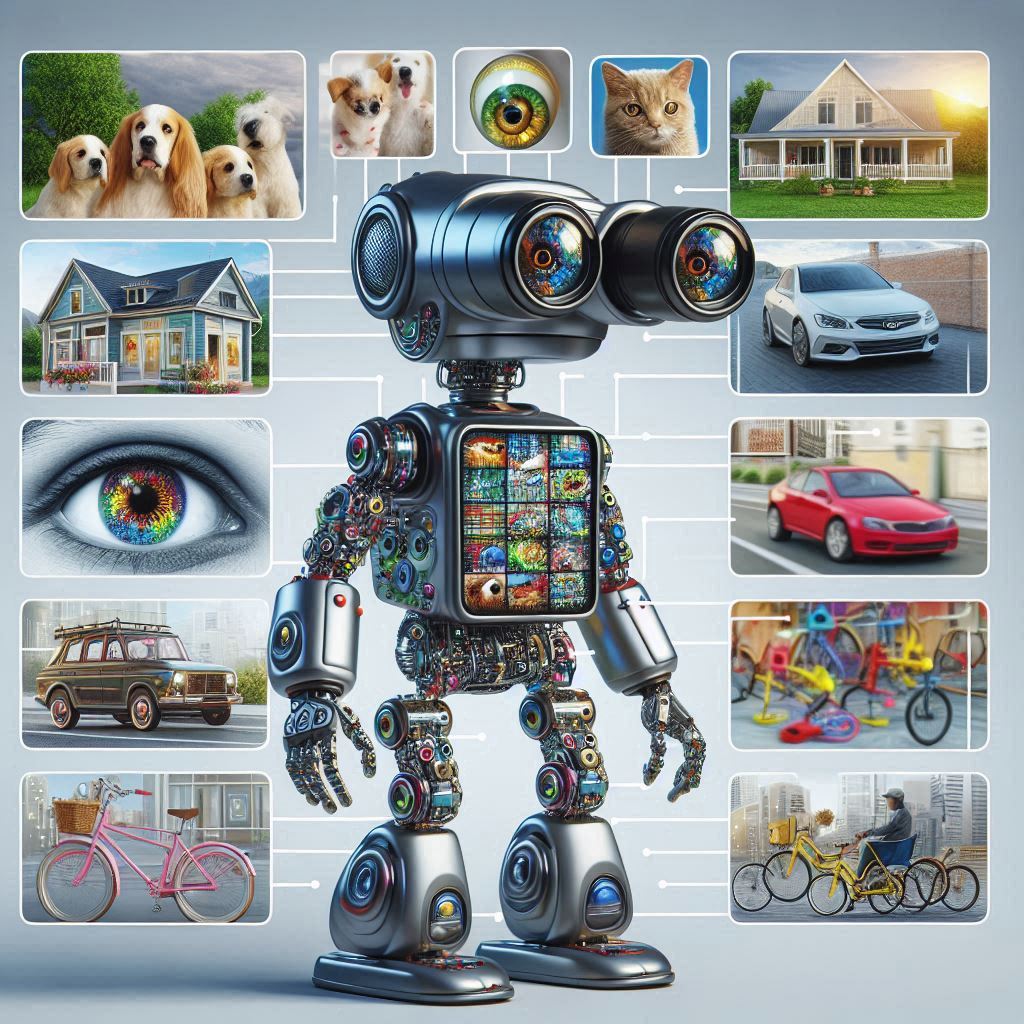A blog about the philosophy of technology
-

Creating valuable data is a force multiplier
It may come as no surprise that data is important for information technology and that information technology is fundamental to the operations of most organizations who consequently depend on data for their daily operations and need it to fuel new and innovative solutions. Unfortunately, it is often not managed with appropriate diligence resulting in everything…
-
Desperately seeking value – The AI value gap
There is little doubt that AI has the potential to transform the world economy. This has been reiterated in reports from the EU, IMF and major consulting companies and weekly in headlines around the world. As Lars Tvede has pointed out recently the perception is that: “(..)this is the calm before the storm. According to…
-

Is AI the new Mainframe?
No modern technology has added technical debt faster than AI. Technical debt is the future cost of reworking created by a focus on expediency rather than long-term design robustness and the implementation of AI has been expedient. Developers have often been able to pick and choose what frameworks, languages and platforms to use if they…
-

The Three Risk Traps Blocking Innovation
Many valuable innovative solutions get stranded due to the perceived risk of adopting them. Risk should be an important component in all decisions, but it might be counterproductive if it is not put into proper context and perceived adequately. There are especially three risk perception traps that block innovations. Understanding them might help to unlock…
-

Stuck in beta?
Experimentation is good but also deceptively simple. Even though the experiments can be incredibly complex and the brightest minds are involved, from an organizational perspective it is simple: you just select a problem, and then you get a budget and then you solve it. But even though you can feel and taste the solution it…
-

Architecting AI – seven principles to build production grade AI solutions
Artificial Intelligence (Ai) is high on the agenda for many organizations. Many have started to dip their feet into the waters and build AI solutions themselves, which has resulted in a large number of sandboxes, POCs, pilots, hackathons and other experimental efforts. That is positive and a necessary development to begin to harness the qualities…
-

Computer vision – Turning an image into a thousand words
Vision is so natural to humans that it seems difficult to see how difficult it could be to make computers see. Nevertheless, understanding how human vision works has taken decades for cognitive scientists to uncover. It is therefore all the more complex to make computers see in the same way as humans. The initial goal…
-

Recommendations (customers like you…)
Rarely has AI had such a transformative impact on the world. Few people even realize it today, but recommendation systems are an example of how technology has fundamentally changed our behavior and shaped expectations about how technology should work.
-

Search – Indexing the world’s information
The relentless pursuit of making vast amounts of information accessible and useful has been the primary driver behind the development of search algorithms. In the early days of the internet, the sheer volume of data being generated posed a formidable challenge: how to efficiently locate relevant information amidst an ever-growing digital sea. This challenge was…
-

The six waves of AI in the 21st century
AI as a technology is more than 70 years old and has gone through ups and downs. The downs have been called AI winters and there have been a few of them. Until the 21st century, AI was used mainly in niche areas: Jim Simmons is thought to have been a pioneer investor using Machine…
Got any book recommendations?